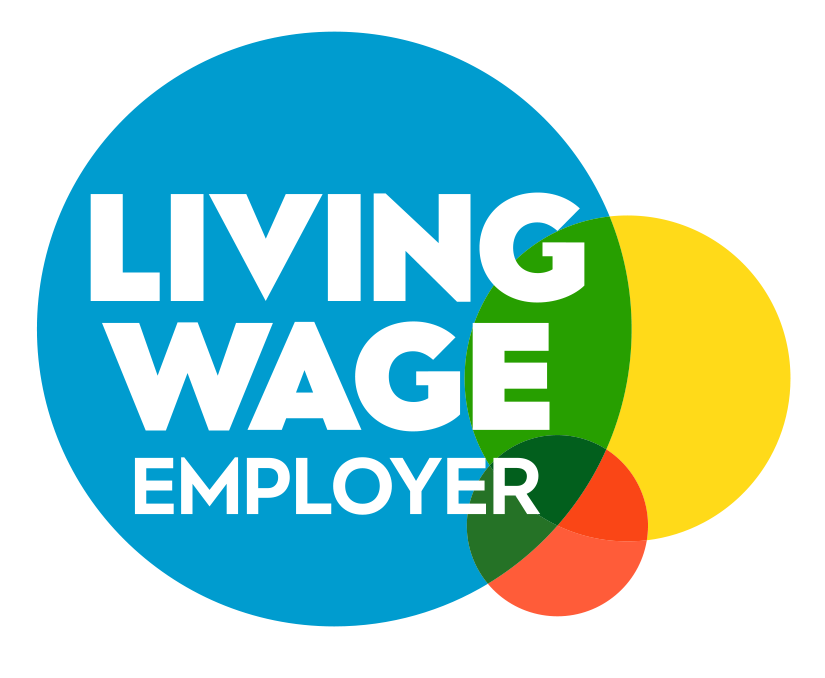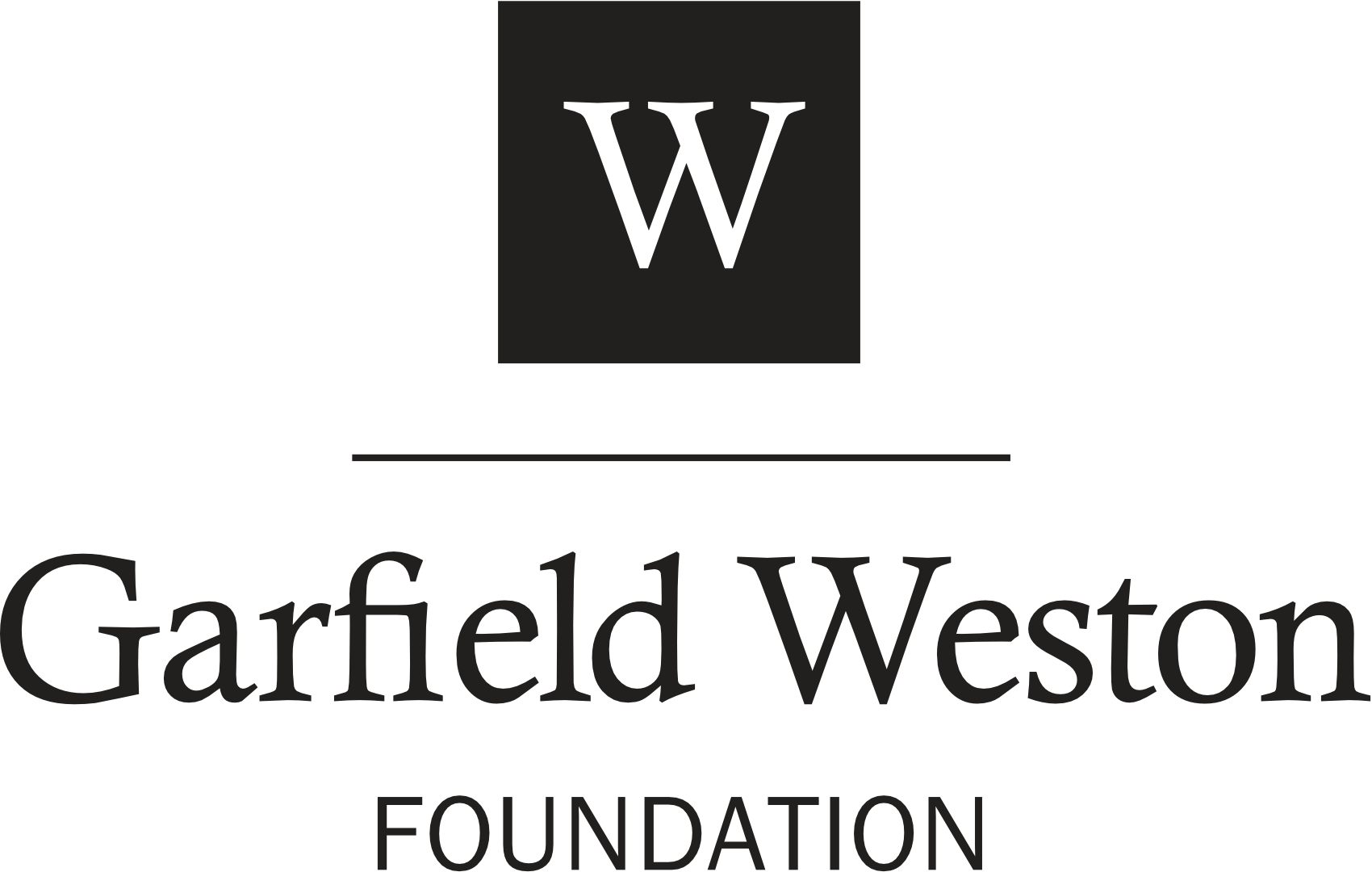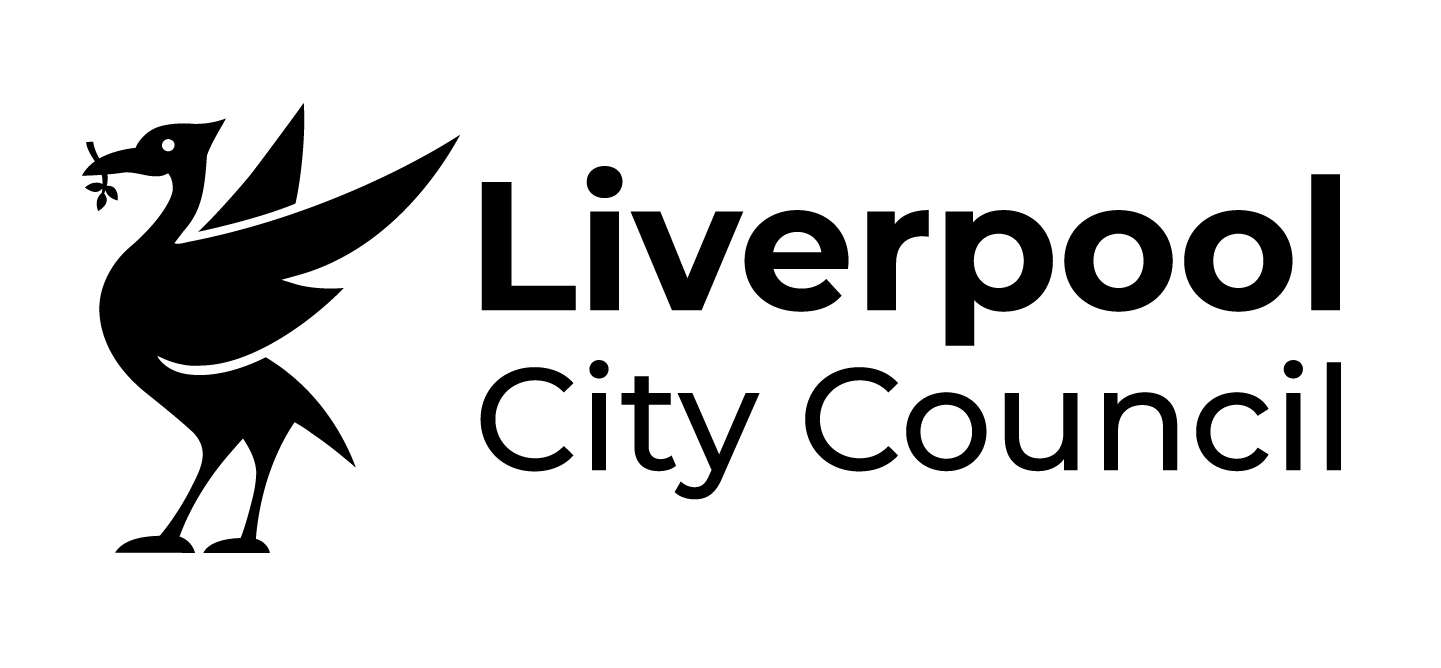Theatre for Social Change uses a set of creative practices that engage marginalised communities to tell untold stories and to tackle local and international concerns.
Our approach is drawn from the work of Bertolt Brecht, Augusto Boal, New York Theatre of the Oppressed, Rustom Bharucha and others, and is informed by our own practice-based research into theatrical forms that enable people who are directly impacted by poverty and inequality to challenge the systems that perpetuate that inequality.
The practice is trauma-informed, embodied, and works to uncover the rules of everyday life; rules that people may not be aware of, but are used to enact oppression.
What are we trying to achieve?
Collective Encounters’ central aim is to build power within people and communities who are directly affected by poverty and inequality, and who experience barriers to inclusion.
We recognise that there is deep inequality in our society, that the current economic and political systems are not working for everyone. Many people feel left out of the decisions that affect their lives. New forms of participation, engagement and organising are needed to centre the voices of those who are most affected by poverty but who currently hold the least power.
We believe that theatre for social change provides a model for re-engaging people as active citizens; empowering individuals to come together to work collectively and creatively for a more just and equal society.
How can theatre change anything?
Collective Encounters has a constantly evolving Theory of Change. This sets out the key processes that we use in our work to provoke change, and identifies the discrete changes we expect our work to achieve as we work towards our main aim of building power in people and communities.
We provoke change via 5 main processes:
- Exposing the system as a system: we use theatre to de-mystify and ‘make strange’ our current political systems, promoting the idea that change is possible.
- Provoking a shift in consciousness: we use participatory methods to re-engage people as citizens not consumers; opening up spaces that enable people to use their voice, imagine alternatives, develop new ways of thinking about the world and our place in it.
- Capacity building holding actions: we provide positive activities that slow down the negative impacts of our current system, alleviate suffering, build skills and capacities, and empower people to work for radical change.
- Creation of Alternatives: we share power with local people, working together to create exciting performances and artworks that explore alternatives to the current system, and broker dialogue with decision makers.
- Reflexive practice: we continually reflect on our processes, maintain an awareness of our position and biases, question our methods, listen to feedback, and take action to strengthen our inclusivity and our potential to make change.
We measure change at three levels:
Personal: reduced isolation and increased confidence, self-esteem, creative and other skills among the people who take part in our workshops, training sessions, and performances
Social: strengthened communities where differences are celebrated, stereotypes and discrimination are challenged, barriers to participation are removed, solidarity is built between those with direct experience of poverty and inequality, and there is an increased awareness about their experiences amongst the local community and the general public
Political: new networks and structures are established enabling more people to challenge the current systems and work together for change; local and national policy is influenced by the people it affects; and there is a greater understanding and application of theatre and arts for social change among artists, activists, researchers and decision makers.
What can you expect in a Collective Encounters workshop?
We create an open, inclusive, welcoming atmosphere and we aim to make people feel comfortable. Creative activities are introduced in a gentle way, and people are invited to share opinions and talk about the things that matter to them.
A typical workshop might begin with everyone sitting in a circle and checking in before moving on to some simple drama games to get warmed up. We might then introduce the theme or stimulus for the session and talk about it briefly before working individually or in groups on some creative activities that respond to the theme. Sometimes we don’t come with a specific theme at all and we ask participants to share what is important to them at the moment.
Participants might be taught new creative skills, or build on skills they already have. Towards the end of the session we will share what we have created, feed back to each other, and talk about what it has made us think and feel. Participants will also have the chance to feed back on the session, expressing what they have enjoyed and what they would like to do more or less of in future sessions.
If you can’t imagine how all of this works – don’t worry! Our facilitators are very experienced and they will guide you through the process. You will never have to do anything you don’t want to. You can come with lots of previous experience or none at all.
How do we make decisions?
Collective Encounters has a collaborative structure and we follow a process of co-creation for all our activities.
Our leadership is comprised of:
- Three Co-Artistic Directors
- An Executive Director
- A Participant Advisory Group (open to all people who take part in Collective Encounters’ projects)
- Board of Trustees
They all work together in different ways to lead the company’s work, involving the wider staff team, participant base, partner organisations, and the local community at large, as much as possible.
Decision making happens via regular meetings that bring our leadership together, and via co-creative practices that are embedded in our day to day working methods. This way of working disrupts traditional hierarchies and distributes power. It involves discussion, debate, transparency, accountability, and it prioritises equity, openness, and inclusivity.
What impact do we have?
Personal Change
Between April 2024 and March 2025, 2,250 people took part in a project with Collective Encounters.
Among those who attended at least three sessions, 95% reported an increase in their confidence and 95% reported the development of new skills.
Participants identified performing, improvisation, public speaking, creative writing, research skills, listening, and group work among the skills they developed.
79% reported that they had improved their social network and/or made new friends.
An externally commissioned impact report of our Women in Action programme identified that this work “has had a very direct impact on [participants’] lives, for example on their parenting confidence, or their confidence to take on a new role or apply for a job. For some it has enabled and supported their activism in their communities as volunteers in other organisations.”
For more information about the kinds of personal changes experienced by our participants, listen to this podcast by our Adult Theatre for Social Change group.
For some participants this has had a very direct impact on their lives, for example on their parenting confidence, or their confidence to take on a new role or apply for a job. For some it has enabled and supported their activism in their communities as volunteers in other organisations.
I’ve kind of struggled a lot in various aspects of life. And this project has just made me be able to take part and feel included, like I really have never been before in my life, which just means so much to me…
Social Change
Each year, Collective Encounters works with a range of youth, adult and intergenerational groups to raise awareness of and provide a platform for the issues facing people living in Liverpool City Region.
Between 2023 and 2025, we platformed the experiences of new parents, Black mothers, care-experienced young people, women and non-binary people, mental health service users, disabled people, and young migrants, among others.
In addition to the performances and other creative products of those projects, our Social Change Cabaret and Community Chronicles performances brought these varied issues together, promoting solidarity, dialogue and shared understanding among people in struggle.
68% of participants and audience members said they learned something new about the barriers people face in society, while 82% said they felt heard and more able to have a say over the decisions that affect their lives.
Watch: Poem for Granny Marie
Raising awareness of ancestral midwifery practice and its importance among Black mothers
Political Change
Collective Encounters’ work within the Liverpool City Region has led to the creation of long standing networks and groups that use creative practice to build community capacities and connect people to systems of power. This includes our own Adult Theatre for Social Change group, regular Women in Action group, Black Maternal Health group, Parent-Baby Co-production group, and Arts Adventures for care-experienced young people, as well as regular creative provision at community organisations such as Spider Project, Make It Happen, and St Leonard’s Youth and Community Centre.
Collective Encounters has supported over 70 artists and activists to set up their own arts for social change projects.
Our creative approach has been commissioned by researchers and policy makers in public health, children’s and family services, advice services, and mental health research, to engage people with lived experience in co-producing improved services and policies. This has directly led to changes such as:
- Creative achievements and expressions being recognised as part of the care plans for young people in the care of the local authority
- The production of youth-led COVID-19 health messaging, including posters and social media campaigns
- An advice leaflet created by Black mothers for Black mothers, being distributed through Liverpool Women’s Hospital and community hubs
- Perinatal care professionals attending training co-produced with new parents, with 100% of attendees reporting new insights and identifying improvements to their practice
- Recognition by public health that services must listen to and involve marginalised groups in any attempt to improve health equity
- The co-creation of Liverpool City Council’s first Access to Advice policy
Our ambition for the future
In 2025, Collective Encounters’ 21st birthday year, our artists, trustees, and participants are looking back to look forward; celebrating and critically reflecting on the past two decades of theatre for social change in Liverpool City Region in order to imagine the future.
We have been asking people what changes they want to see Collective Encounters contributing to in the next 5 years. Here are some of the responses.
People can safely walk through the streets, as communities are more integrated and understand each other more
Personal skills gained in standing up to oppression
People have more understanding and compassion for each other
Local people feel part of a movement for arts for social change
Co-creation practice strengthened
Community organisations use creativity to empower their members
A Creative Health Strategy has been written and is being enacted
Crime is reduced
Trauma informed embodied consent process is applied in health settings
Strengthened activist network of communities that are currently pitted against each other
Parent panels are active in community hubs and institutions
Mass de-radicalisation of the far right
More critical thinking and better communication
Communities feel empowered to commission the work they need and want
Planning the urban infrastructure is taken out of the hands of asset managers and returned to the people who live in a locality
The fears that can lead to extremist thought/action are explored creatively and safely
Organisations have the tools to facilitate positive social change
Energy: the City’s 2030 plan is reworked with communities
Autonomous mutual aid/ mutual care groups in communities
Increased acceptance of displaced people and people of the Global majority among working class British people
Cared for young people have more of a say in the way they are cared for
Parents are skilled and supported to advocate for each other & hold institutions accountable
People who experience poverty & inequality are actively involved in identifying and solving the issues that affect their lives
Communities are strengthened and empowered to work together for social justice
Art and creative practice understood as a legitimate tool for improving public services
Adults in the Liverpool City Region know they have the opportunity to participate in creativity for change
Arts for Social Change hubs in local neighbourhoods
More sharing between diverse groups
An increase in solidarity and connection between different organisations and individuals in different areas of Liverpool City Region
People with lived experience feel in charge of how and when they share their stories
Birthing persons feeling safe and heard in maternal settings
Working class people in Liverpool City Region have the confidence and skills to use creativity to influence change in their communities
Working class communities in Knowsley, Sefton, and the Liverpool City Region, have spaces to creatively understand community conflicts
We plan to continue developing our Theatre for Social Change model, building on our practice-based research into Theatre Informed Policy Making, Theatre of Political Economy, and our Community Chronicles model. See our Research Page for more information on these methodologies.
Perhaps our biggest ambition is for this practice to become truly co-created and community-led. In the current funding climate it can be challenging to be fully responsive to your community when you are reliant on commissions and funding agendas. Although our performances are always co-created with local people, the projects are not always initiated by local people. We are striving to secure funding that will enable us to work in this responsive way, enabling people with direct experience of poverty and inequality to set the agenda and tell the policy makers what the big issues are.
If you would like to support our fundraising efforts, you can make a donation here or email our Executive Director tessa@collective-encounters.org.uk














